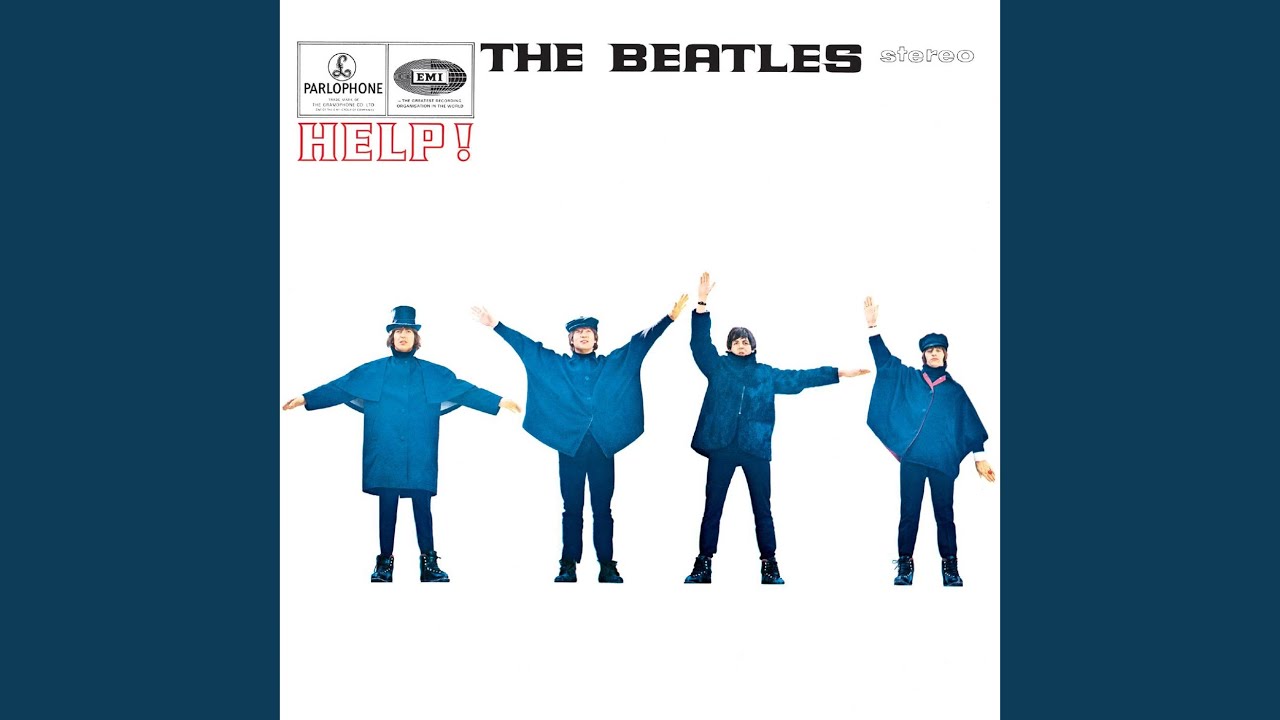In the vast realm of music, there are certain songs that transcend time, weaving themselves into the fabric of our collective consciousness. Among these timeless melodies stands “Yesterday,” a hauntingly beautiful composition by The Beatles, which continues to captivate audiences decades after its release. Written by Paul McCartney and performed by the legendary band, “Yesterday” remains a poignant testament to the power of nostalgia, love, and loss.
Released in 1965 as part of The Beatles’ album “Help!”, “Yesterday” emerged as a departure from the band’s signature upbeat sound, showcasing McCartney’s introspective lyricism and soul-stirring vocals. The song’s simplicity lies in its acoustic arrangement, featuring McCartney on vocals and acoustic guitar, accompanied by a string quartet—an understated yet profoundly impactful ensemble that allows the melody to take center stage.
At its core, “Yesterday” explores the universal theme of reminiscence, as McCartney laments the fleeting nature of time and the bittersweet memories of a love now lost. The opening lines, “Yesterday, all my troubles seemed so far away / Now it looks as though they’re here to stay,” resonate with listeners on a deeply personal level, evoking feelings of longing and introspection. McCartney’s plaintive vocals infuse each word with raw emotion, drawing listeners into the melancholic narrative of love’s ephemeral nature.
What sets “Yesterday” apart is its ability to evoke a profound sense of nostalgia, transcending generational boundaries and resonating with audiences across cultures and continents. The song’s timeless appeal lies in its universal themes of love, regret, and longing, which are as relevant today as they were over half a century ago. Whether it’s the wistful strumming of McCartney’s guitar or the haunting melody of the strings, “Yesterday” has an unparalleled ability to transport listeners to moments of introspection and reflection.
Beyond its lyrical poignancy, “Yesterday” is also a testament to McCartney’s songwriting prowess and The Beatles’ enduring legacy. With its deceptively simple melody and evocative lyrics, the song has earned its place as one of the greatest compositions in the history of popular music. Its influence can be felt in countless covers, interpretations, and tributes, each offering a unique perspective on the enduring power of McCartney’s masterpiece.
Moreover, “Yesterday” serves as a reminder of the transient nature of fame and fortune, as McCartney himself reflects on the song’s humble origins. In interviews, he recalls waking up one morning with the melody fully formed in his mind, initially convinced that he must have subconsciously plagiarized it from another artist. Yet, as he played the melody for friends and colleagues, it became evident that “Yesterday” was a stroke of pure genius—an intimate confession of heartache and yearning that resonated with millions around the world.
In the decades since its release, “Yesterday” has become more than just a song; it’s a cultural touchstone—a cherished memory etched into the collective consciousness of music lovers everywhere. Its enduring popularity speaks to the universality of human experience, as listeners continue to find solace and catharsis in its timeless melody and poignant lyrics.
As we reflect on the legacy of “Yesterday,” we are reminded of the enduring power of music to transcend time and space, touching our hearts and souls in ways that defy explanation. In McCartney’s plaintive vocals and the haunting strains of the string quartet, we find echoes of our own joys and sorrows, our triumphs and tribulations. And though the years may pass and the world may change, the magic of “Yesterday” endures—a timeless ode to memory and melancholy that will forever hold a special place in the annals of music history.

